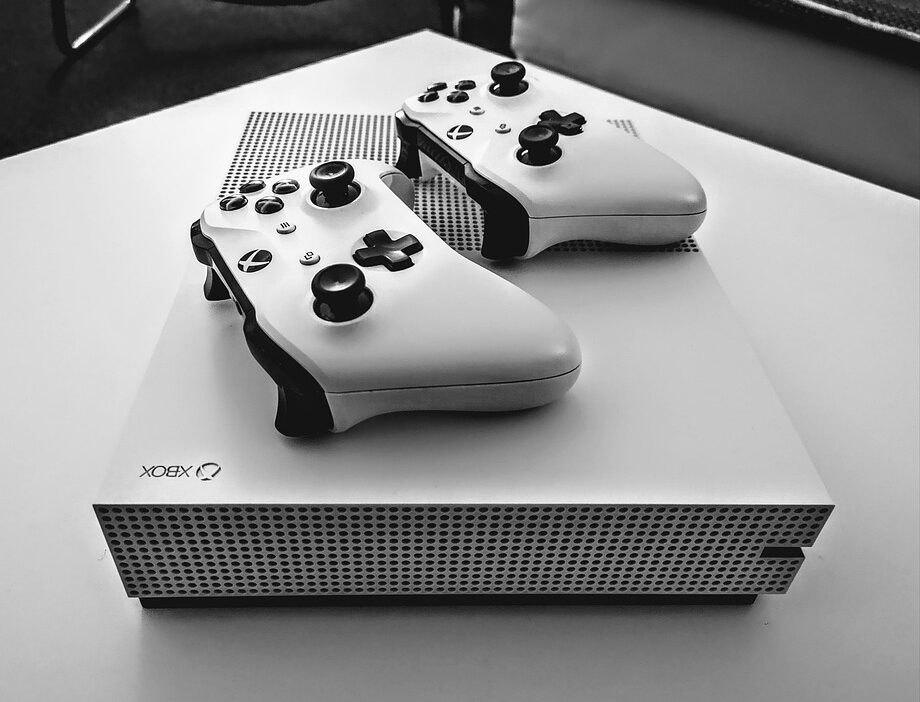In recent years, the esports landscape has witnessed a remarkable shift, with women increasingly carving out their space in what has traditionally been a male-dominated arena. The surge in female representation not only challenges long-standing stereotypes but also drives significant change within the gaming community. This article explores the journey of women in esports, the challenges they face, their achievements, and their impact on the future of gaming.
Breaking Down Barriers
Historically, esports has been viewed through a narrow lens, often dominated by male players and audiences. Stereotypes around gaming culture have perpetuated the idea that women are less skilled, less committed, or simply uninterested in competitive play. However, more women than ever are stepping onto the digital stage, proving these notions wrong.
Prominent figures like Faker, Ninja, and Shroud have become household names, but female gamers have begun to emerge as equally influential personalities. Players like Kat "Mystik" Gunn, who became the first female gamer to win a major tournament, and Sasha "Scarlett" Hostyn, known for her high-level play in StarCraft II, have paved the way for future generations. Their success stories embody the potential for women to excel in competitive environments, inspiring countless others to pursue gaming and esports professionally.
A New Generation of Female Gamers
The rise of women in esports is not solely about representation; it’s also about the cultural shift within gaming communities. Organizations like the Women’s Esports League and initiatives such as "Girls Who Code" are dedicated to nurturing female talent and providing platforms for them to showcase their skills. As more women participate in these spaces, they contribute to a positive feedback loop that encourages others to join, creating a supportive ecosystem.
The emergence of female-only tournaments has also contributed to this shift. Competitions such as the Women’s Esports Conference and the EVE League have created safe spaces for women to compete, learn, and grow. These events not only spotlight female talent but also draw attention from major sponsors and brands, highlighting that women’s contributions to esports are both valuable and marketable.
Overcoming Challenges
Despite these gains, female gamers still face significant challenges, including online harassment and sexism. Many women report experiencing toxic behavior, which can deter them from pursuing gaming at a professional level. This reality underscores the importance of allyship within gaming communities. Many organizations have begun implementing stricter codes of conduct, emphasizing respect and inclusivity to create safer environments for all gamers.
Moreover, representation extends beyond just players. Women in coaching, commentary, and organizational roles are emerging, further diversifying the landscape. Game developers and esports organizations are increasingly recognizing the need for varied perspectives in their decision-making processes, which is vital for fostering inclusivity at all levels.
Driving Change Through Advocacy
As more women enter the esports arena, they are not only redefining success for themselves but also advocating for broader societal changes. High-profile athletes and content creators are using their platforms to raise awareness about gender issues in gaming, addressing topics like mental health, harassment, and equity in tournament prize pools.
Organizations such as Intel and Riot Games are taking noteworthy steps toward inclusivity by sponsoring women-focused initiatives, supporting female-driven events, and amplifying female voices in the industry. These efforts mark a significant turning point in recognizing that equity in gaming is not just desirable, but necessary for the industry’s future success.
The Road Ahead
The future looks promising for women in esports. As the community continues to grow, so too does the recognition of the significant contributions women make. This cultural evolution is critical, paving the way for a more inclusive and dynamic gaming environment.
The journey may still have challenges ahead, but by shattering stereotypes and fostering change, women in esports are not only redefining what it means to be a gamer but also setting the stage for future generations. As they continue to rise, they remind us all that the world of esports is vast and diverse—welcoming anyone courageous enough to play.
Conclusion
Women in esports are not just participants; they are leaders, pioneers, and role models. By conquering stereotypes and advocating for change, they exemplify resilience and determination. As the gaming world evolves, the collective voices of female gamers will continue to shape its landscape, driving the industry toward greater inclusivity and fostering a culture where everyone can thrive.



